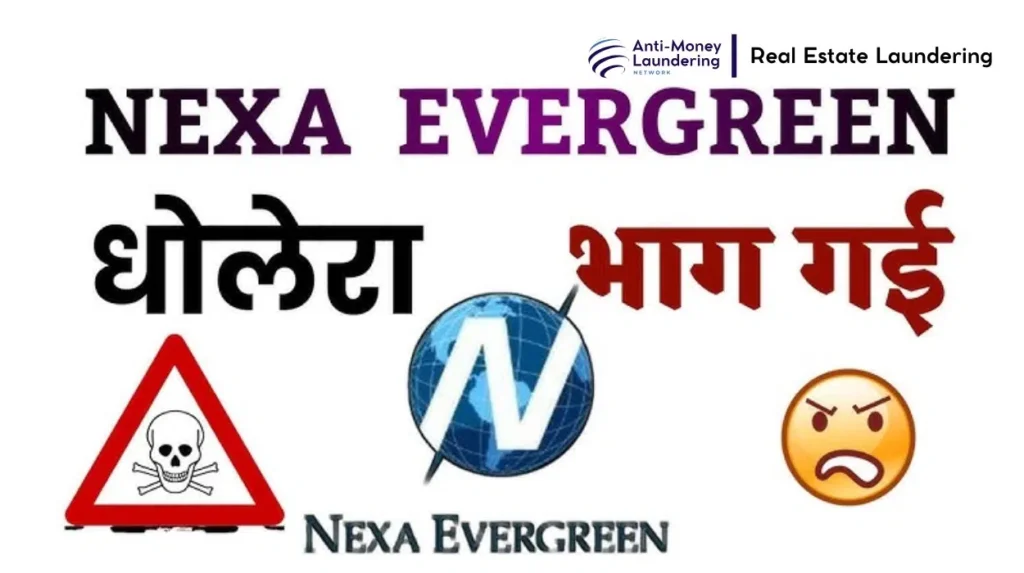India’s real estate sector remains a notorious haven for money laundering, fueled by significant financial opacity, regulatory gaps, and political complicity. Despite the government’s Prevention of Money Laundering Act (PMLA), enforcement is weak, allowing large-scale schemes like the Nexa Evergreen scam to flourish. Criminal networks exploit shell companies, cash-based transactions, and overly complex ownership structures to convert illicit funds into luxury assets, often inflating property values artificially. This environment of secrecy and inadequate due diligence enables widespread asset concealment, threatens market integrity, and undermines public trust in regulatory institutions. The Nexa Evergreen case starkly exposes the systemic vulnerabilities and the urgent need for robust transparency and enforcement in India’s real estate market.
The Nexa Evergreen scheme epitomizes the dangers of India’s real estate financial opacity and weak AML enforcement. Promising high returns and associating with the government-endorsed Dholera Smart City project, the promoters duped tens of thousands of investors nationwide. The use of layered shell companies, opaque ownerships, and luxury asset conversions highlights common laundering tactics in Indian real estate. The case exposes systemic regulatory failures and political tolerance enabling massive real estate fraud and money laundering. Ongoing ED action underscores the need for stronger AML frameworks and transparency in India’s property sector to prevent such schemes from proliferating again.

